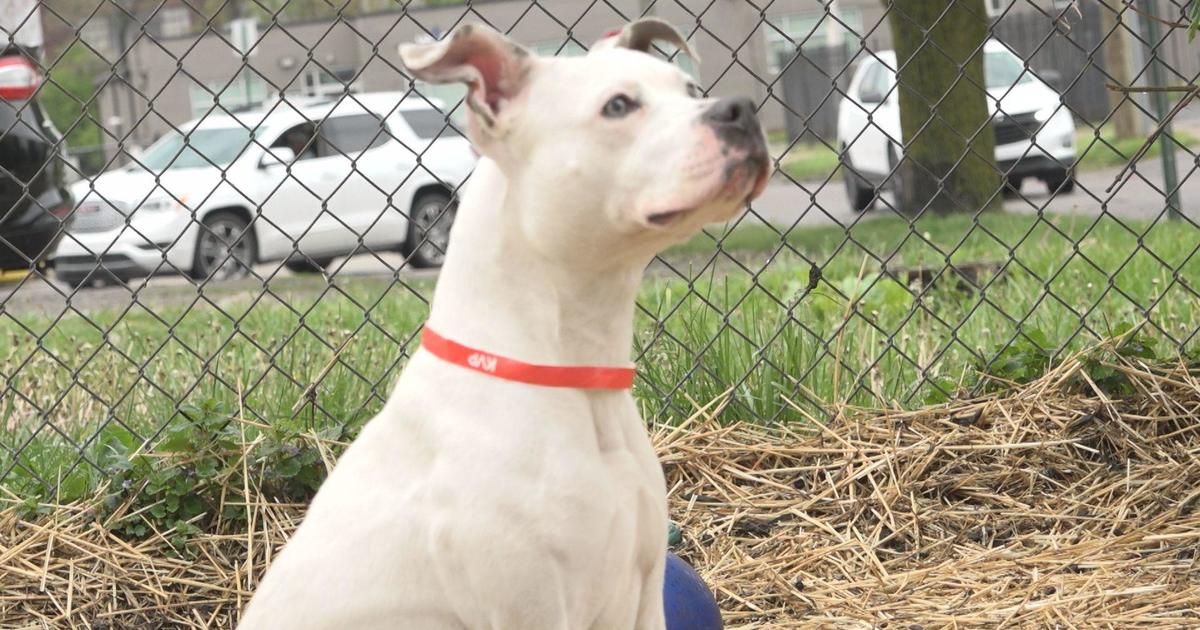Early testing suggests variant BA.2.86 has been detected in US wastewater, CDC report says
Preliminary testing of wastewater in the United States has detected the new highly mutated coronavirus variant BA.2.86, according to a risk assessment posted Wednesday by the US Centers for Disease Control and Prevention.
The CDC did not give details on where the positive wastewater sample had been collected but said it was part of routine monitoring through its National Wastewater Surveillance System.
Around the world, nine sequences of the new variant have been reported from human Covid-19 infections: three in Denmark, two in the United States, two in South Africa, one in the UK and one in Israel. It has also been detected at low levels in wastewater from Switzerland.
The two US sequences came from patients in Michigan and Virginia. The Michigan person is an older adult who has not been hospitalized, according to the state Department of Health. The person who tested positive in Virginia was a woman who had just returned from a trip to Japan and was identified through the CDC's traveler-based genomic surveillance.
Most of the sequences have been collected from patients with mild symptoms.
Still, the fact that multiple countries have now spotted this variant in a short amount of time "is evidence of international transmission," the CDC said Wednesday.
Variant hunters flagged BA.2.86 this month after it was found in Israel. It has more than 30 gene changes from BA.2, its next closest ancestor, representing an evolutionary leap on par with the one the virus made from Delta to Omicron in 2021 or the leap between BA.2 and XBB.1.5, which circulated a year apart, the CDC said.
BA.2.86 appears to have emerged in humans only recently. The earliest known samples of the new variant were collected in late July.
Variants with big changes like this one are the kind that most rattle health authorities because they have the potential to escape the protection of vaccines and past infections.
It's not clear whether BA.2.86 will be able to do that, the CDC says.
"Virus samples are not yet broadly available for more reliable laboratory testing of antibodies, and it is too soon to know the real-world impacts on immunity," the report says.
Michael Diamond, who studies globally emerging RNA viruses at the Washington University School of Medicine in St. Louis, said there was still a lot to learn about this new variant.
"While we know it has been circulating for several weeks (based on lineage analysis and slight differences in sequence), we don't yet know if it will emerge and become dominant," Diamond wrote in an email to CNN.
"So there is a bit of a waiting game going on for all of us," he said.
How far and how fast this variant may be spreading also continues to be an open question, according to the CDC, because the amount of genomic sequencing for the virus that causes Covid-19 has declined over time, "meaning more variants may emerge and spread undetected for longer periods of time," the report said.
"It is also important to note that the current increase in hospitalizations in the United States is not likely driven by the BA.2.86 variant," the report says, though that evaluation may shift as scientists get more information.
Based on preliminary analysis of the changes to this new virus, the CDC says that tests and antiviral drugs are expected to continue to work against it.
"At this time, we don't know how well this variant spreads, but we know that it spreads in the same way as other variants," the CDC said. That means you can still take certain steps to protect yourself and others from infection:
• Get your Covid-19 vaccines, as recommended
• Stay home if you are sick
• Get tested for Covid-19 if needed
• Seek treatment if you have Covid-19 and are at high risk of getting very sick
• If you choose to wear a mask, wear a high-quality one that fits well over your nose and mouth
• Improve ventilation as much as possible
• Wash your hands frequently



